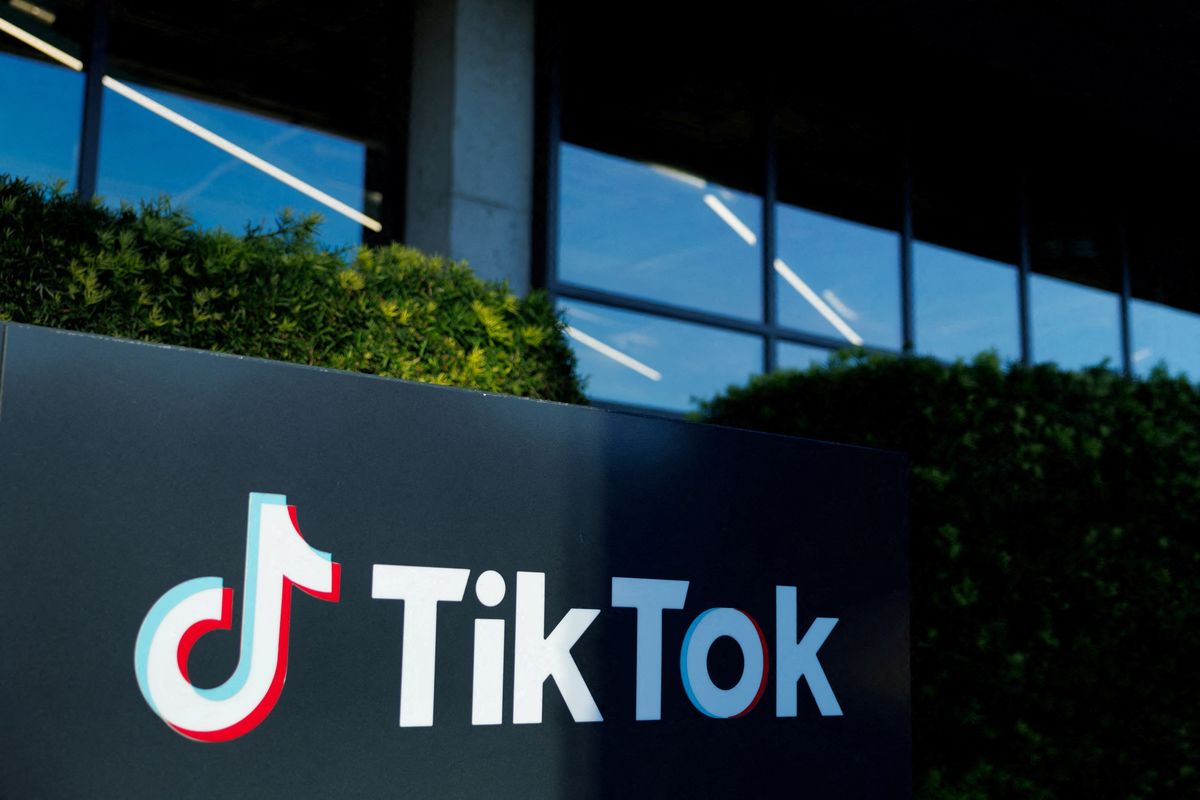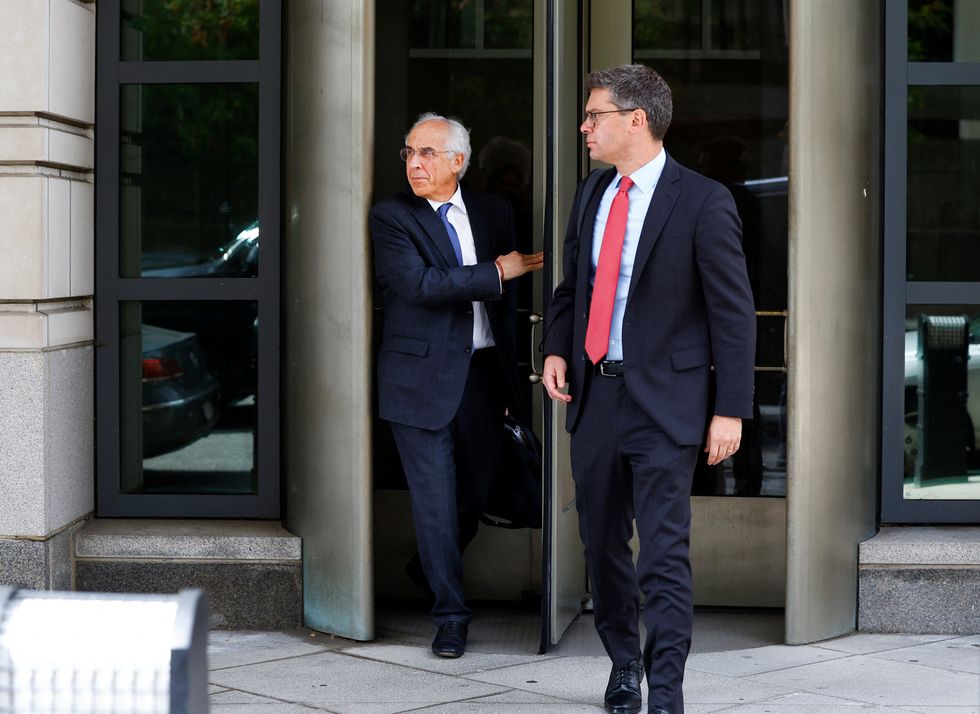Free speech vs national security: TikTok ban sparks legal spat in US

Gaitty Ara Anis
Correspondent-USA
Gaitty Ara Anis is a seasoned multimedia journalist based in Washington, D.C., she specializes in digital content creation, including writing and video production. Currently, she represents Nukta as its correspondent in the USA. She has been previously associated with Voice of America, Dawn, CNBC, PTV World and Geo News over the past twenty years.

A view shows the office of TikTok after the U.S. House of Representatives overwhelmingly passed a bill that would give TikTok's Chinese owner ByteDance about six months to divest the U.S. assets of the short-video app or face a ban, in Culver City, California, March 13, 2024.
Reuters
Judges say they are unsure if TikTok’s plea of free expression weighs heavier than national security concerns expressed by Washington
Only 32% Americans support the ban, according to Pew
A possible ban on popular video sharing app TikTok has sparked a legal spat in the US.
At the hearing in federal court on Monday, the Chinese-owned company pleaded against the ban.
The three judges hearing the case at the U.S. Court of Appeals for the D.C. Circuit remained unsure if TikTok’s plea of free expression weighs heavier than the national security concerns expressed by Washington.
In April, President Joe Biden signed a law compelling the app's parent company Byte Dance to sell TikTok within a year, or face the ban.
During the hearing, the judges said that millions of TikTok users across the US have First Amendment protections, which include freedom of expression, and the government forcing a ban on the app could violate those basic constitutional rights.
Unless upturned, the ban will come into effect on January 19. However, the case could likely drag on.
Both parties have requested that the court hand down a verdict by December.
This would give enough time for an appeal before the shutdown or sell deadline.

The case is being viewed as a decisive debate on digital free speech versus issues about national security in the US.
US officials have expressed concern that through TikTok China's government could gain access to users' data which could be used to spy on American citizens.
ByteDance told the court that it did not have enough time to find a buyer.
It also said the Chinese government is not in favor of going public with their algorithm recommendations.
Lawyers for TikTok argued the app was unjustly victimized due to its ownership that lies with the US government’s biggest business and political adversary, China.
The app is being used by 170 million Americans who use the platform for entertainment and business purposes.
Department of Justice lawyer Daniel Tenny said in his argument that ByteDance "manipulates its algorithm to boost pro-China videos.”
Support for ban waning
Recent polls suggest that public support to ban TikTok is falling in America.
Only 32% of Americans support the ban, down from 38% in September 2023 and 50% in March 2023, according to Pew.
“And the share who say they are uncertain whether the government should ban the platform has risen from 28% in March 2023 to 39% now,” it added.
“Republicans and Republican-leaning independents are far more likely than Democrats and Democratic leaners to support a ban (42% vs. 24%)," it further said.
Still, support for the ban has dropped substantially within each party. In March 2023, 60% of Republicans and 43% of Democrats said they supported the government banning TikTok.
If banned, the app will be removed from all major downloading platforms, and dealing with the company will be declared a federal crime.










Comments
See what people are discussing